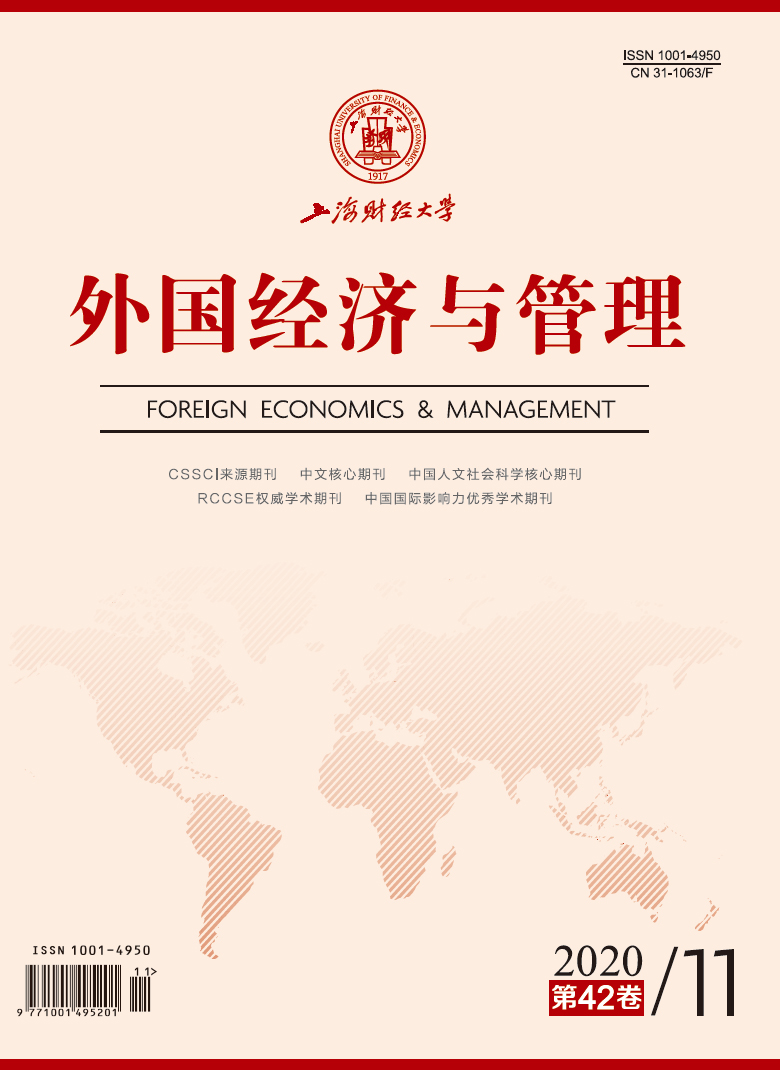As a hot topic in the field of executives, the research of managers’ past experience has received extensive attention from scholars. However, the current research is relatively scattered, lacking a systematic and comprehensive combing and comprehensive analysis. In order to fill this gap, this article focuses on the literature focused on managers’ past experience, paying special attention to the internal psychology of managers and its influence on corporate decision-making. We comprehensively comb and thoroughly analyze and summarize the literature. In order to maximize the relevance and completeness of the literature, we search the upper echelons theory, the imprinting theory and key words, as well as the papers focused on the past experience.
Based on the searched literature, this article first sorts out the connotation, classification and measurement of managers’ past experience. Then, it reviews the relevant literature of managers’ past experience based on the upper echelons theory and the imprinting theory. We combine the two theories to discuss the theoretical basis of managers’ past experience research. After that, it further analyzes the influence of managers’ past experience on individuals’ recessive characteristics and corporate decision-making behavior. Our study finds that managers’ past experience affects their values, psychological traits, and cognitive basis, producing multiple or even contradictory effects. We also find that corporate decision-making behavior is an external manifestation of managers’ internal psychological characteristics.
Our study makes several contributions: First, the research on managers’ past experience is relatively scattered at present. We make a systematical review on the connotation, classification, measurement and theory of managers’ past experience, and also deeply discuss the influence of managers’ past experience on the managers themselves and their corporate decision-making. We present a comprehensive research framework of managers’ past experiences. Second, scholars mainly use the upper echelons theory to carry out research on managers’ past experience and its influence, and believe that managers’ past experience will form managers’ invisible psychological characteristics and externalize them into corporate decision-making. The imprinting theory has gradually gained the attention of scholars. It is used to further explain what period of experience has the most significant impact on managers, what the characteristics of the impact are, and what dynamic changes may occur in the future. Our study combines the development of the upper echelons theory and the imprinting theory to explain the mechanism of past experience, especially the impact on enterprise managers during the sensitive period. We provide a new perspective for better understanding the research of enterprise managers and enterprise decision-making behavior. Third, this study comprehensively combs the empirical results of managers’ past experience on the management itself and the decision-making of the company where managers are located. It deeply analyzes the influence of managers’ past experience on the values, cognitive basis and psychological characteristics of managers, and finds the multiple and complex impacts of past experience on the managers themselves. We analyze the underlying reasons why the same experience produces multiple results and even contradictory results, and point out possible opportunities or directions for future research in this field.






 5101
5101  8161
8161

